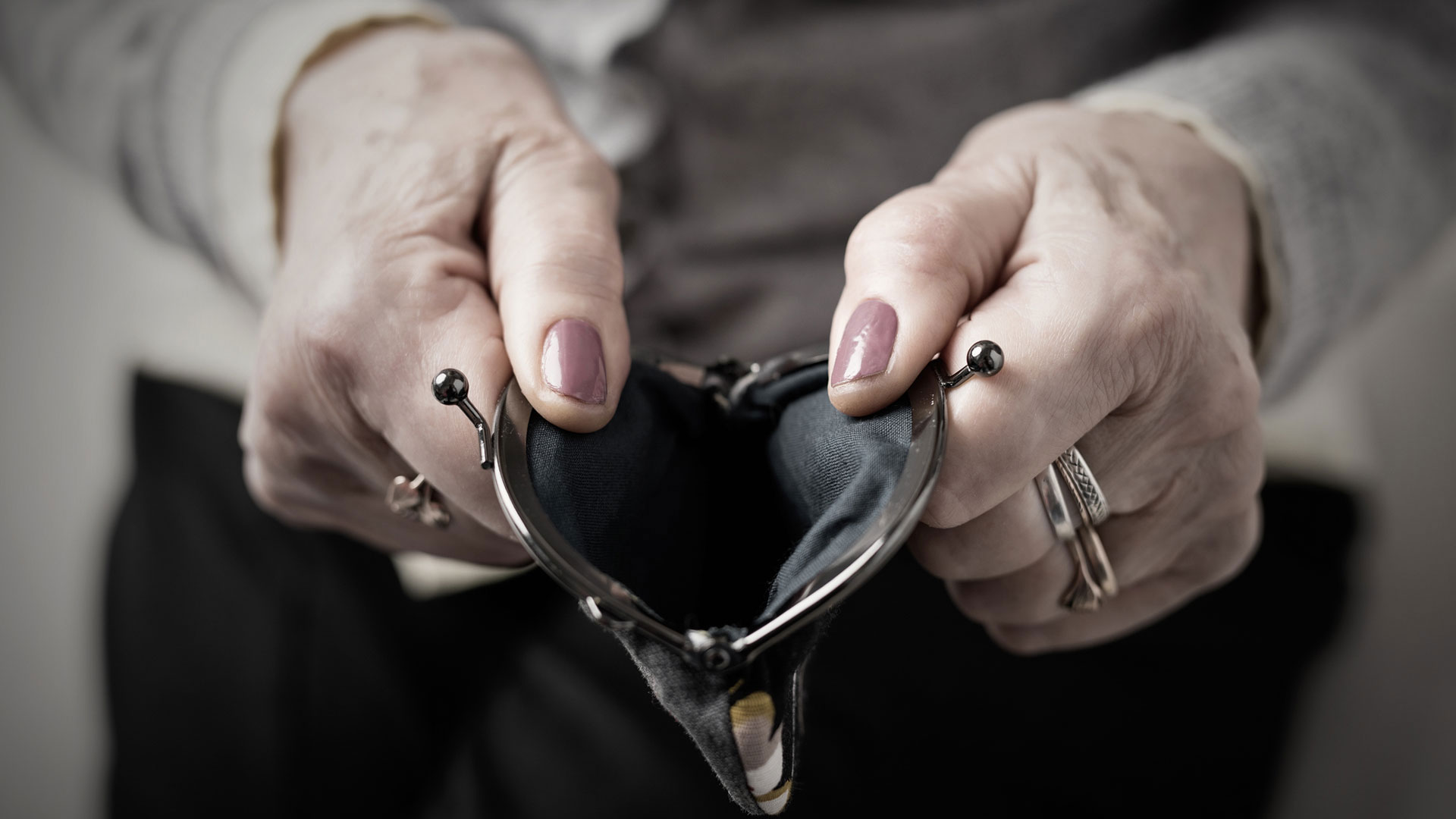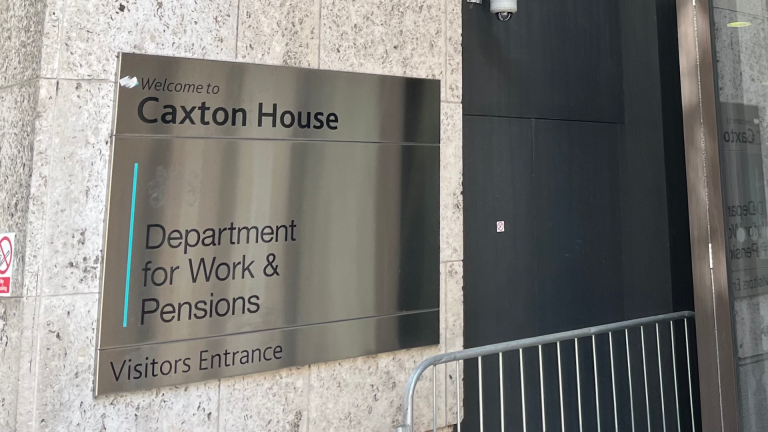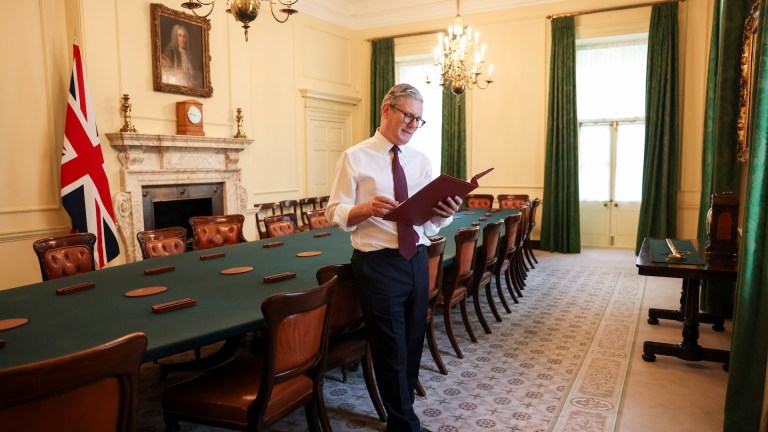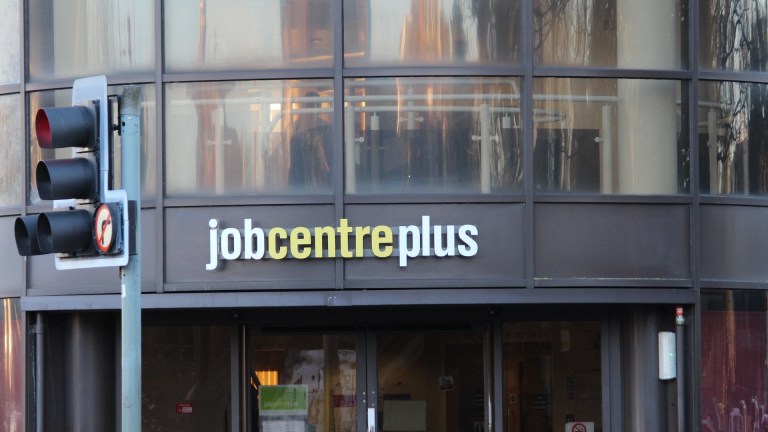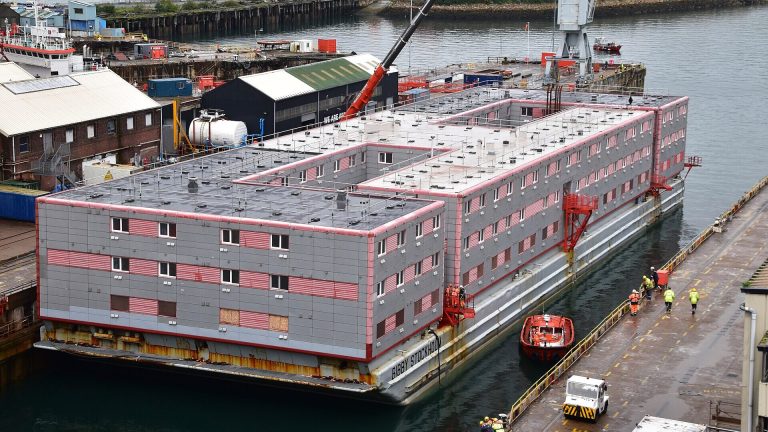The UK is still reeling from the effects of austerity measures brought in after the financial crash in 2008. The country is on track to reach a record high level of child poverty and Universal Credit is pushing people further into financial hardship. But when figures frequently reported refer to ‘absolute’ and ‘relative’ poverty, what do they mean?
Relative poverty
The criteria of relative poverty is in flux and depends on the economy, unlike absolute poverty. It looks at how many people have been financially left behind, those who can scrape by on the basics but who cannot afford the normal activities and opportunities that average earners have access to, known as an ‘ordinary living pattern’. Over 14 million people in the UK fit this criteria.
Households in relative poverty earn 60 per cent of the median earnings at the time, though the figures are adjusted according to how many people are in a household since their income needs will differ.
For example, a two-parent family with two children currently needs to earn £20,852 in order to stay out of relative poverty. For a single parent with two children, they need to earn £1,287 a month. But no adjustments are made for disability or care responsibilities.
Absolute poverty
Absolute poverty means something different, depending on who you ask. The definition adopted by the UN means someone cannot afford basic essentials like food, clothing and housing. This measure makes it easier to compare conditions between countries – as the minimum income to keep up with basic living standards differs depending on where you are.
It also helps to compare poverty levels at different points in time as the accepted necessities are likely to shift. Quality of life or inequality arguments tend not to factor in when using absolute poverty as a measure.
